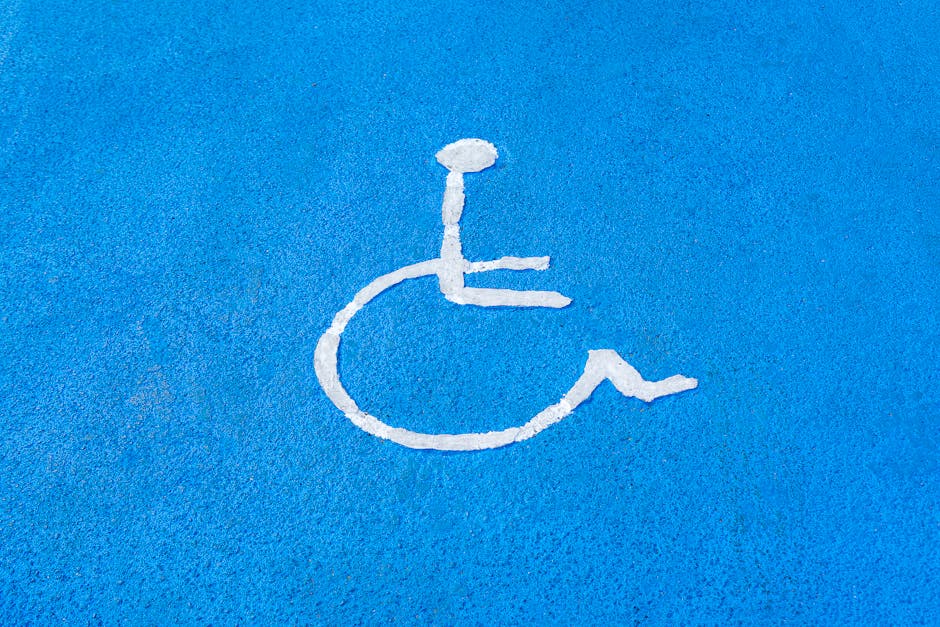Law is not a static entity detached from the world around it. Rather, it’s a dynamic reflection and response to societal needs, values, and anxieties. The evolving nature of legal concepts is inextricably linked to the continuous interplay between society and the legal framework. This article explores the profound and multifaceted ways in which societal factors shape legal understandings and interpretations.
A pivotal consideration is the influence of social norms on legal definitions. Early legal systems often mirrored prevailing societal customs and traditions. For instance, concepts of property ownership, family structures, and even notions of crime and punishment were initially deeply rooted in accepted practices and beliefs. Over time, as societies evolved, so too did these legal frameworks, reflecting shifts in social expectations and values. The evolution of marriage laws, from traditional models prioritizing patriarchal structures to more contemporary models recognizing diverse family forms, showcases this adaptation. The criminalization of certain activities, like public intoxication, also demonstrate how altering social perceptions concerning acceptable behavior directly impact legal definitions.
Beyond simple mirroring, societal pressures often actively propel legal developments. Social movements, advocating for rights and changes in social hierarchies, frequently drive legal reform. The civil rights movement, for example, sparked transformative changes in anti-discrimination laws, challenging entrenched legal paradigms built upon discriminatory societal norms. Similarly, environmental concerns have instigated a surge in environmental laws, reflecting a societal shift toward ecological awareness and sustainability. The legal recognition of LGBTQ+ rights is a clear example of how societal progress and the demands of social justice groups force a re-evaluation and expansion of legal concepts.
Economic pressures also wield a significant influence. The rise of industrialization, coupled with concerns over labor exploitation, necessitated new labor laws, redefining employee rights and responsibilities. Similarly, economic downturns and financial crises have often spurred the development of financial regulations, intended to mitigate risks and stabilize markets. Such economic drivers underscore how legal structures often respond to emerging economic necessities and insecurities. The legal frameworks surrounding intellectual property, for instance, reflect the ever-evolving nature of the knowledge economy and the need to protect creative endeavors in a commercially driven environment.
Another significant influence lies within public opinion and societal values. A shift in societal perception regarding, say, capital punishment, can result in a legal reevaluation, illustrating how broader public sentiment molds legal norms. Public discourse, media coverage, and the rise of advocacy groups often play a pivotal role in shaping legal opinion and prompting legislative action. The evolving understanding of mental health issues is a compelling example of how shifting public perceptions on mental illness can influence legal standards for treatment and imprisonment. This demonstrates a crucial interaction between societal understanding and legal frameworks.
Beyond these broad pressures, cultural variations also profoundly impact legal frameworks. Diverse cultural backgrounds bring unique perspectives on family matters, personal rights, and dispute resolution. Legal systems often strive to incorporate and adapt to these variations, while still maintaining a degree of societal cohesion. For instance, the accommodation of religious practices within legal contexts showcases how legal frameworks must reconcile diverse cultural values with the broader societal needs.
Furthermore, legal concepts themselves often influence and shape societal norms and values. The consistent application of laws related to property rights can affect land use and distribution patterns, for example. Similarly, the implementation of laws against discrimination frequently impacts social attitudes towards specific groups, promoting a more inclusive and equitable environment. Legal principles can lead to changes in social behaviour by setting expectations and reinforcing standards.
However, the relationship between society and law is rarely straightforward. Legal concepts are not simply reflections of societal attitudes; they also serve to shape those attitudes. Legislation regarding, say, gender equality, can act as a powerful catalyst for societal change, influencing both individual and collective perceptions about gender roles. A consistent application of laws regarding child safety, for instance, fosters social norms surrounding appropriate parental care and intervention.
In summary, the interplay between societal influences and legal concepts is a multifaceted and dynamic one. Social norms, movements, economic pressures, public opinion, and cultural differences all interact to shape legal definitions and frameworks. Conversely, legal concepts often shape societal norms and values, creating a continuous and reciprocal exchange. Recognizing this interplay is essential for comprehending the evolution of legal systems and ensuring they remain responsive and relevant to the evolving needs and values of society. It’s a continuous dialogue, a negotiation between past traditions, current realities, and the vision for the future.
